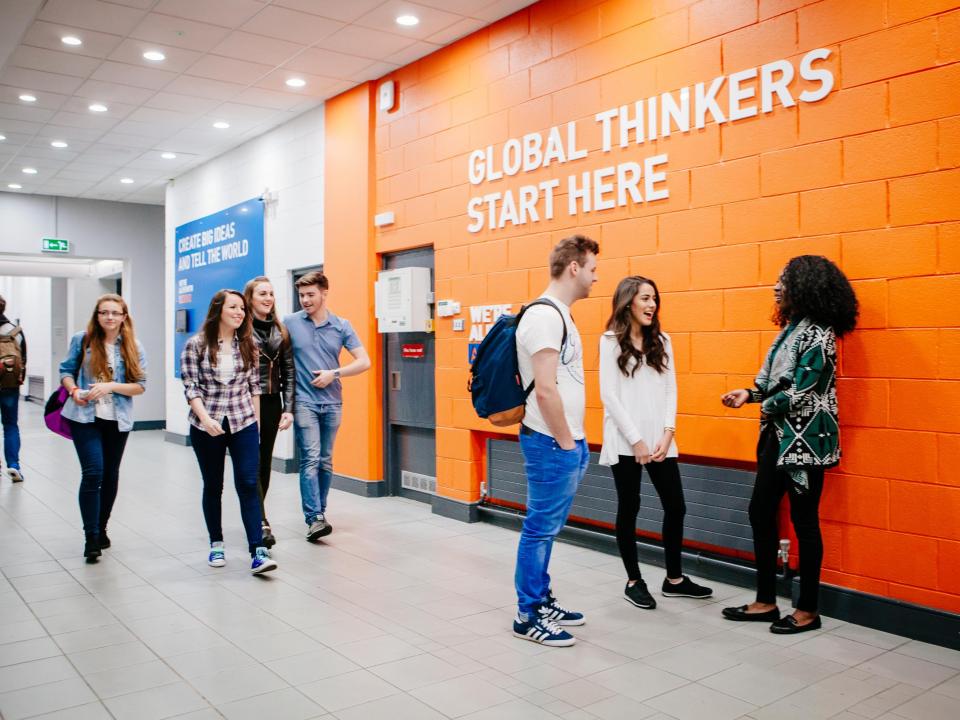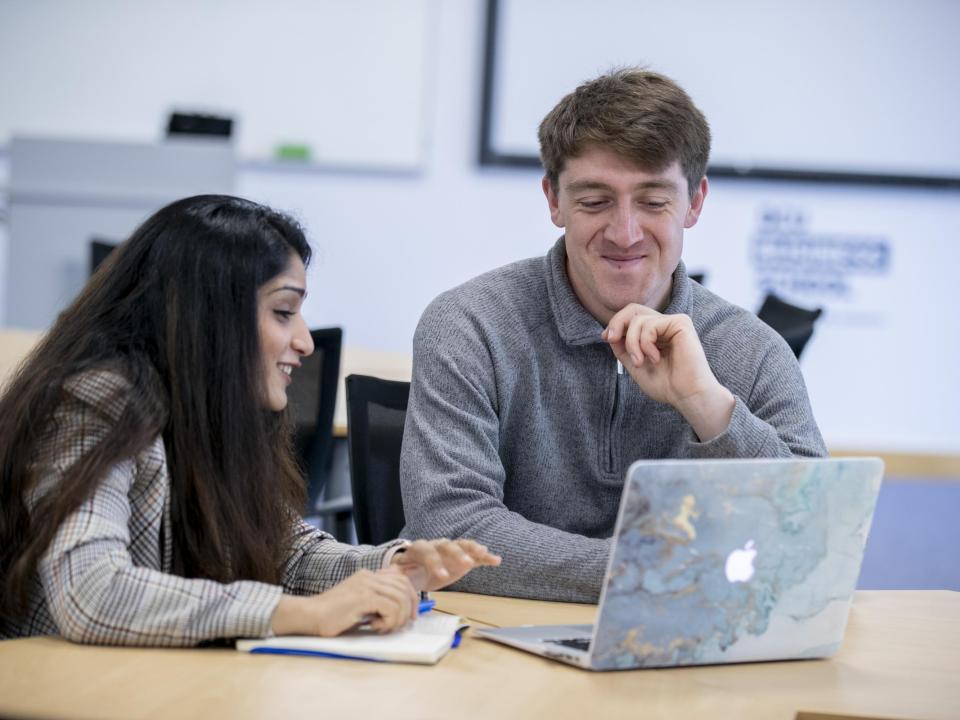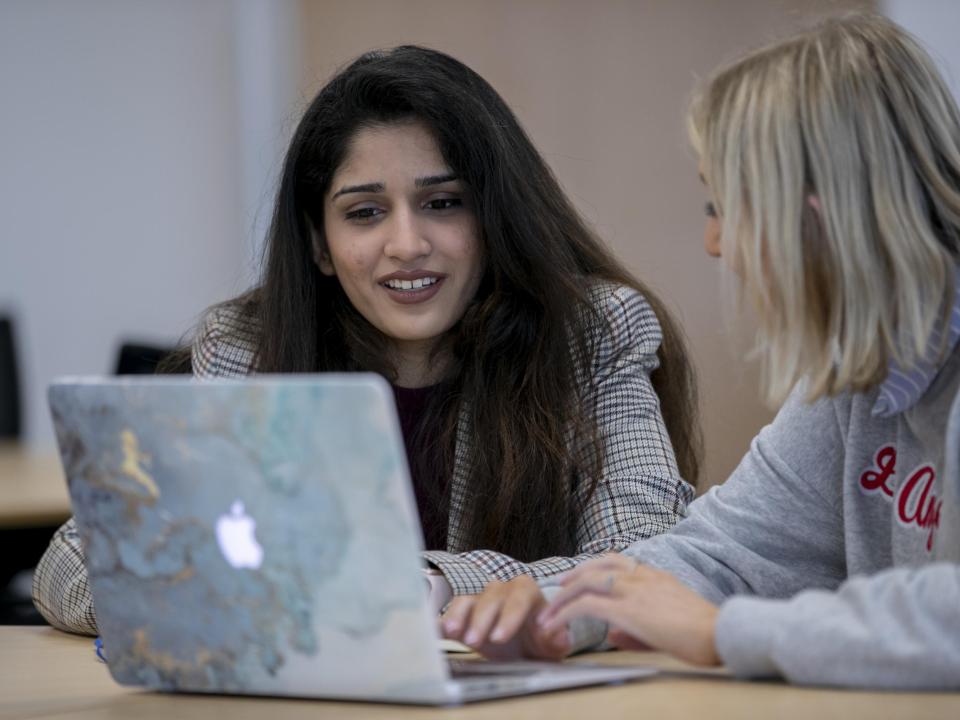Overview
A BA in Accounting and Finance gives you a world of opportunities. It is considered Ireland’s premier degree for those wishing to pursue careers as accountants and financial services professionals. The course offers great prospects for career progression, and the chance to work in a wide range of different industries.
Your Career Starts Here
This degree was first of its kind in Ireland, and this continues to be an extremely popular course. Graduates are highly regarded by the accounting and financial services professions, as can be seen in the consistently employment rates for those who take the BA in Accounting and Finance.
Why DCU
DCU People
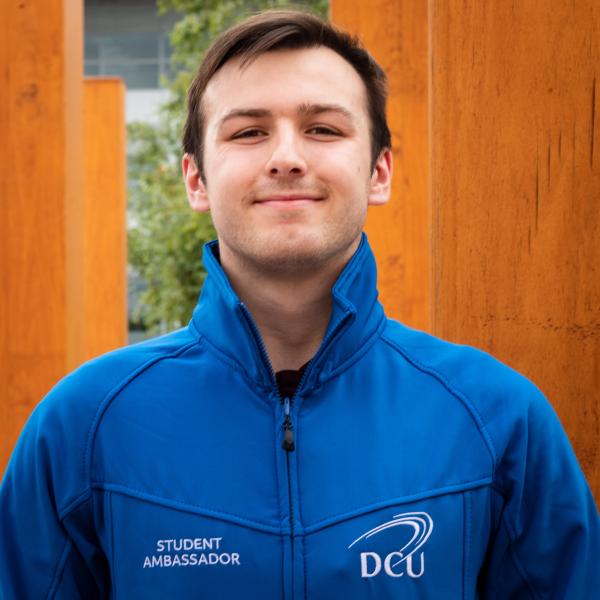
I chose Accounting and Finance at DCU because I wanted to go into the world of business and knew the importance of accounting in everyday business, regardless of where you work.
Read more about Rory Keenan
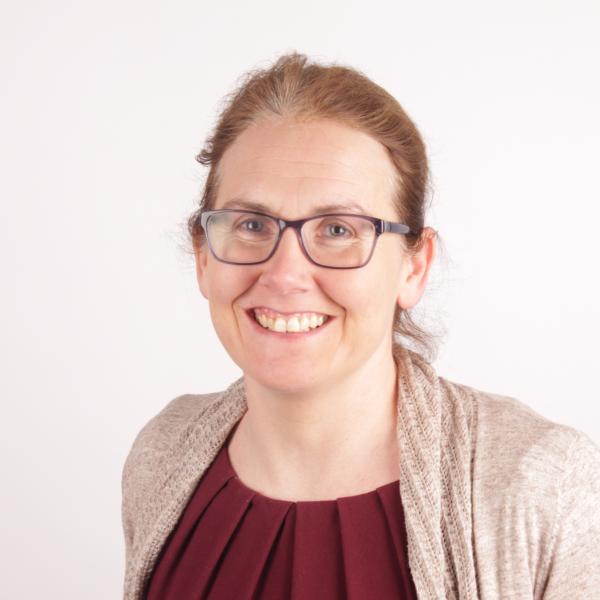
We describe the AF degree as a career oriented degree, almost a fast track to becoming a professional accountant. We’re very focused on the workplace.
Read more about Dr Orla Feeney (Course Chair)
Careers & Further Options
Careers
A considerable demand continues to exist for accountants, financial managers, and tax and management consultants. You will be professionally equipped for such careers.
In terms of employees you can choose from professional accountancy practices, industry, financial services and the public service, nationally and internationally.
This course is suitable for those who ultimately wish to pursue a career in teaching as it is recognised by the Teaching Council for the purposes of teaching Accounting, and Business.
DCU Careers Service
DCU graduates are highly sought after by employers. Our Graduates work in environments ranging from large multinationals to SMEs, family businesses and start-ups across every sector.
A considerable demand continues to exist for accountants, financial managers, and tax and management consultants.
DCU Careers Service has a number of learning and development initiatives in place for our students, giving them the skills they need for a successful career path.
Entry Requirements
In addition to the general entry requirements for admission to the university the following entry requirements apply: Minimum of O4 or H6 in Mathematics.
In addition to the general entry requirements for admission to the university the following entry requirements apply: GCE A Level D or GCE AS Level C or GCSE C Mathematics.
Please visit our Admissions webpage for details on course requirements or how to apply to DCU.
Please visit our QQI FET webpage for details on DCU courses, open days, campus tours or school visits.
To apply to DCU, please visit www.cao.ie.
Mature entry is a competitive process. Applicants must demonstrate:
- a genuine interest in the programme(s) they are applying for
- academic experience and competency in their chosen field of study
- an ability to engage and succeed on the programme
All applicants must complete a statement of interest to be considered for the mature application route.
For further guidance on the mature application process please see the CAO Website
No Entry Path
International candidates are expected to have educational qualifications of a standard equivalent to those outlined above. In addition, where such candidates are non-native speakers of the English language they must satisfy the university of their competency in the English language. For further information on international applications click here.
Course Structure
- Financial Accounting
- Management Accounting
- Accounting Mathematics
- Law
- Business Analytics
- Economics
- Critical Thinking for Business
- Learning Innovation for Enterprise
- Language Option
- Planning and Control
- International Accounting
- Financial Accounting
- Management Accounting
- Quantitative Methods
- Company Law
- Business Ethics
- Financial Management
- Information Systems
- Language Option
- Critical Thinking for Business
- The Innovators Tooklit
- Accounting for Sustainable Business
- Business Strategy
- Taxation
- Management Accounting
- Macroeconomic Policy
- Language Option
The final year also incorporates specialisation in one of the following areas:
- Accounting
- Finance
- Economics
- Management of Operations
EXEMPTIONS:
Graduates are granted generous exemptions from the examinations of professional accountancy bodies.
CURRENT EXEMPTIONS INCLUDE:
1. Chartered Accountants Ireland (CAI): 2.2 Honours graduates – gain full exemption from the CAP1
2 . Association of Chartered Certified Accountants (ACCA):
Exemption from F1, F2, F3, F4, F5, F7, F8, F9 at fundamental level
3. Chartered Institute of Management Accountants (CIMA): Exemption from BA1, BA2, BA3, BA4, P1, P2, F1
4. Institute of Certified Public Accountants in Ireland (ICPAI):
Formation Levels – full exemption;
Professional Level 1 – exemption from Auditing and Corporate Reporting
5. Irish Taxation Institute (ITI):
Exemption from three out of four papers of Part 1
Note: All exemptions awarded are subject to annual review and revision by the various professional bodies, and depend on your achieving clear passes on completion of specific modules.
Fees and Funding
Fees
How To Apply
Applicants presenting EU School Leaving/FETAC Level 5 examinations:
Apply through the Central Applications Office (CAO) by 1st February or 1st May
To apply for this programme:
Candidates should apply directly here. Here's a quick step by step guide if you need help with your application.
Please provide
- Academic Transcripts for each and every year of study with English translation, if applicable.
- If applicable, provide evidence of competence in the English language as per DCU entry requirements.
Applications are accepted on an ongoing basis up to 1st July. All Non-EU candidates are advised to apply early, as places are limited.
All mature applicants apply through the CAO by 1st February. For further information and for special application procedures for mature students, please click here
No Entry Path
Please see Application Procedures or E-mail ugadmissions@dcu.ie.
Candidates required to apply through the CAO can apply online at www.cao.ie
Life On Campus
At DCU, our students can expect a unique campus experience. We are known for our excellent teaching and learning facilities, our active clubs and societies, and our great social and sporting facilities. All this makes DCU an exciting place to be.
DCU has three academic campuses; Glasnevin, St. Patrick’s and All Hallows (both in Drumcondra), all close to Dublin City centre.
They can be reached by public transport, Dublin Bus and Bus Éireann, with our Drumcondra campuses a ten minute walk from Drumcondra Train Station. Glasnevin is a 20 minute walk from St Patrick’s and All Hallows. They are also linked by Dublin Bus.
Each campus has a library (O’Reilly, Cregan and Woodlock Hall), study spaces, restaurants, and on-campus residencies. There are sports facilities on Glasnevin and St. Patrick’s, and there is a dedicated sports campus, St Claire’s, located near Glasnevin on the Ballymun Road.
DCU’s 19,000 students have access to exceptional teaching and learning facilities across our three academic campuses.
These include modern learning theatres, research centres, a new media and TV studio, radio/podcast studios, computer suites and advanced labs in the areas of Languages, Engineering, Physics, Chemistry and Biotechnology, as well as a Sports Performance centre and a training hospital ward. In 2021, we opened our first virtual reality ‘Leadership Lab’, which is located in our Business School.
We continue to improve and update our facilities. For example, construction of a new world-class STEM facility is underway on the Glasnevin campus. With capacity for an extra 3,000 STEM students, this facility will advance DCU’s international reputation for excellence in science and health, computing and engineering disciplines.
Studying in DCU isn’t just about course work. The university is rich in student life and activities.
There are more than 140 clubs and societies for students in DCU, with ‘Clubs & Socs’ days taking place on both the Glasnevin and Drumcondra campuses at the start of the academic year. They span everything from rugby to rock climbing, anime to jazz.
For many students, sport is an important part of the DCU experience. DCU’s Sports Complex boasts a 25 metre swimming pool, fitness centre gym, all-weather pitches and squash courts, as well as soccer, GAA and rugby pitches. DCU Dóchas Éireann, the university’s GAA club, is the largest third level Gaelic Games club in the country. Meanwhile, DCU Athletics has been Ireland’s highest achieving university club for many years. And DCU has dozens of other clubs to get involved in, from Archery to Weightlifting.
The Glasnevin campus is home to our purpose built, state-of-the-art student centre, The U, which serves the needs of a rapidly growing student body. Here, you will find the Student Leadership and Lifeskills Centre, performing arts and cultural spaces for students and the wider community, and the Entrepreneurship and Innovation Hub. Also located on our Glasnevin campus is The Helix, our renowned performing arts centre.
On our St Patrick’s campus, we have the Java Student Hub, a vibrant, warm and welcoming space where students can meet for coffee, play music, use the projector to watch events, or just relax. The walls of the Java Hub were designed based on the cultural history of St Patrick’s Campus, including the special references to the notable sporting history and history of the arts.
We have a number of academic, professional and social supports for students.
Student Advice & Learning Skills Centre - Offers a wide range of supports and services to students and advice
The Writing Centre - drop-in writing workshops for students through the academic year
Maths Learning Centre - provides maths support for students of all ability levels with maths modules
Student Learning - facilitate the transition from passive to active learning for students at DCU, by teaching study skills, nurturing critical thinking and building student confidence.
Careers work with students to help them on their professional journey into graduate employment.
Our student support team offers a comprehensive support programme, helping students make that all important transition into university life and focusing on building confidence and skills which are key to success at third level.

DCU Glasnevin Campus
FAQs
Does DCU have partner universities around the world to go to?
Yes, see the full list of the universities you can travel to (depending on your course). For further specific information you should contact the course contact.
For the business courses how big are class sizes like and are there work placements?
There are some large lectures for common modules but these are supported by smaller weekly tutorial groups of approx. 30 people. There are work placements in our Business school.
What are some of the companies that students from the BSc multimedia have gone on to work for?
Some companies include: TV3, BBC, Google, LinkedIn, Facebook, Yahoo, Setanta Sport & independent production companies.
See where your future career could be.







